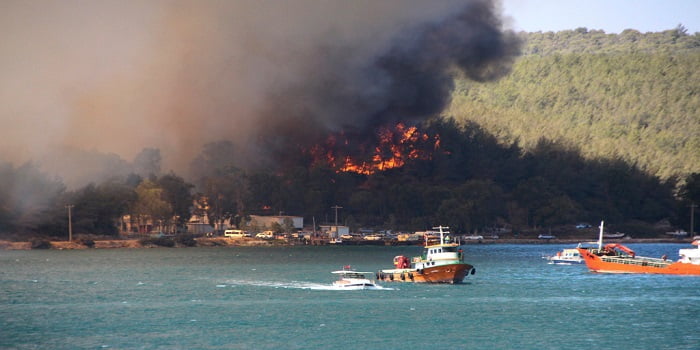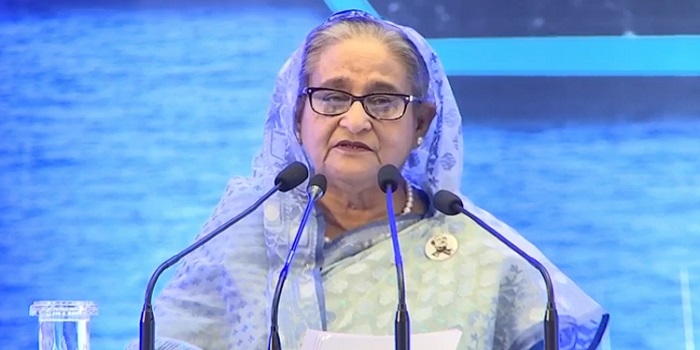Turkey calls on EU help to battle deadly wildfires

Turkey has requested assistance from the EU as it struggles to battle the unprecedented deadly wildfires that have swept the nation, revealing the government’s poor preparation for the natural disaster.
Ankara activated the EU Civil Protection Mechanism to ask the European Commission for firefighting support.
Brussels has sent some firefighting aeroplanes, including one Canadair plane from
Croatia and two Canadairs from Spain as part of rescEU, the European reserve of civil protection assets.
EU Commissioner for Crisis Management Janez Lenarcic said: “The EU stands in full solidarity with Turkey at this very difficult time.”
He added: “I thank all the countries which have offered help. Our thoughts are with the Turkish people who have lost their loved ones and with the brave first responders who are doing their best to battle the deadly fires. We stand ready to provide further assistance.”
Portugal, Spain, France, Italy, Greece and Croatia are considered the most fire-prone countries in Europe. Croatia, France, Greece, Italy, Spain and Sweden have provided 11 firefighting planes and six helicopters for the use of other EU Member States in case of an emergency.
The response to the wildfires has revealed that Turkey — which boasts 13 airplanes in the presidential fleet — does not possess a single firefighting plane. The EU’s 24/7 Emergency Response Coordination Center is holding regular contact with the Turkish authorities to observe the situation and effectively guide its assistance.
Cigdem Nas, secretary-general of the Economic Development Foundation of Turkey, told Arab News that it is an important show of solidarity in these difficult times.
“As countries in the Mediterranean region, Turkey shares similar effects of climate change with EU member states such as Greece and Italy. Therefore it is important to increase the capacity to deal with such natural disasters in a joint manner,” she said.
Nas added that the EU and Turkey can reinforce and strengthen their cooperation in response to natural disasters, especially in the Mediterranean region.
“This may constitute a pool of resources including planes, human power and other necessary equipment that may be jointly used by the countries in the region which will be sponsored by Turkey and the EU,” she said.
Despite being offered help by the EU, Turkey has continued its skepticism about some EU members.
Meanwhile, confusion has sparked conspiracy theories behind the causes of the sudden fires.
Pro-government figures have blamed the outlawed Kurdistan Workers’ Party (PKK) for starting the fires on orders from Athens.
On July 29, Greek Foreign Minister Nikos Dendias telephoned his Turkish counterpart Mevlut Cavusoglu to express his condolences over the lives lost due to the wildfires.
“I also expressed Greece’s readiness to provide assistance if requested,” he tweeted.
Turkey, however, rejected the offer of firefighting help from Greece.
Turkey and Greece are expected to feel the effects of the hottest temperatures of the ongoing intense heatwave this week, reaching European record levels.
Separately, Turkey’s exiled mafia boss Sedat Peker warned against any provocation after the fires as they could be used for stoking ultranationalist people to attack Kurdish citizens.
Seven members of a Kurdish family in the Central Anatolian province of Konya were recently killed following months of threats and a knife attack by the same offenders in May.
Elsewhere, a new law giving the Ministry of Culture and Tourism the authority to open forest areas for construction has attracted significant criticism.
The law — that came into force with presidential signature — is being challenged over the possibility of it opening the recently burned areas to new developments.
ArabNews








